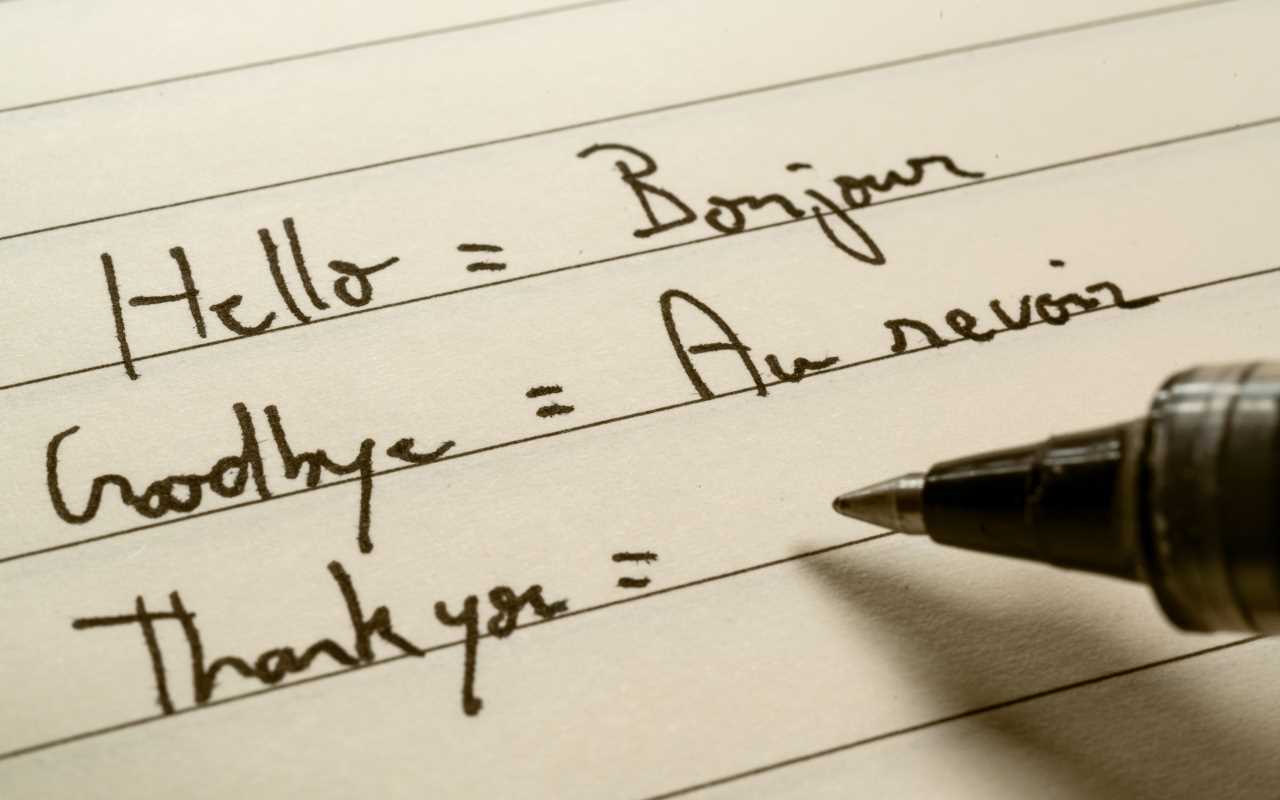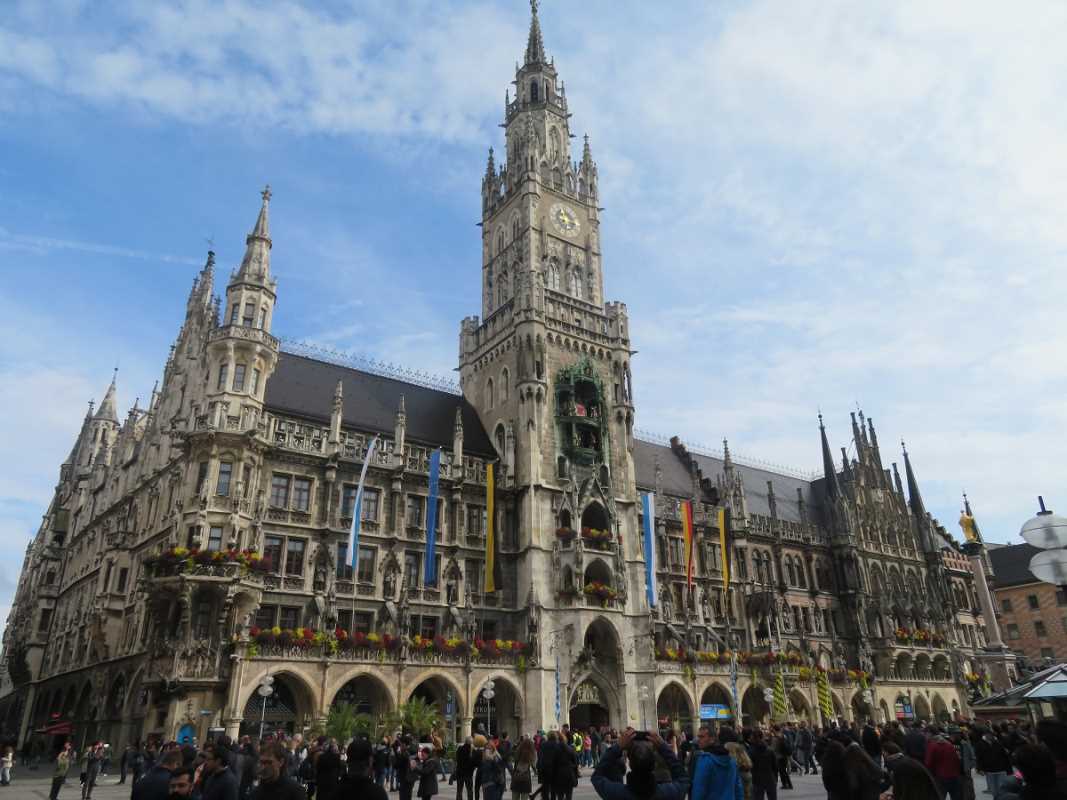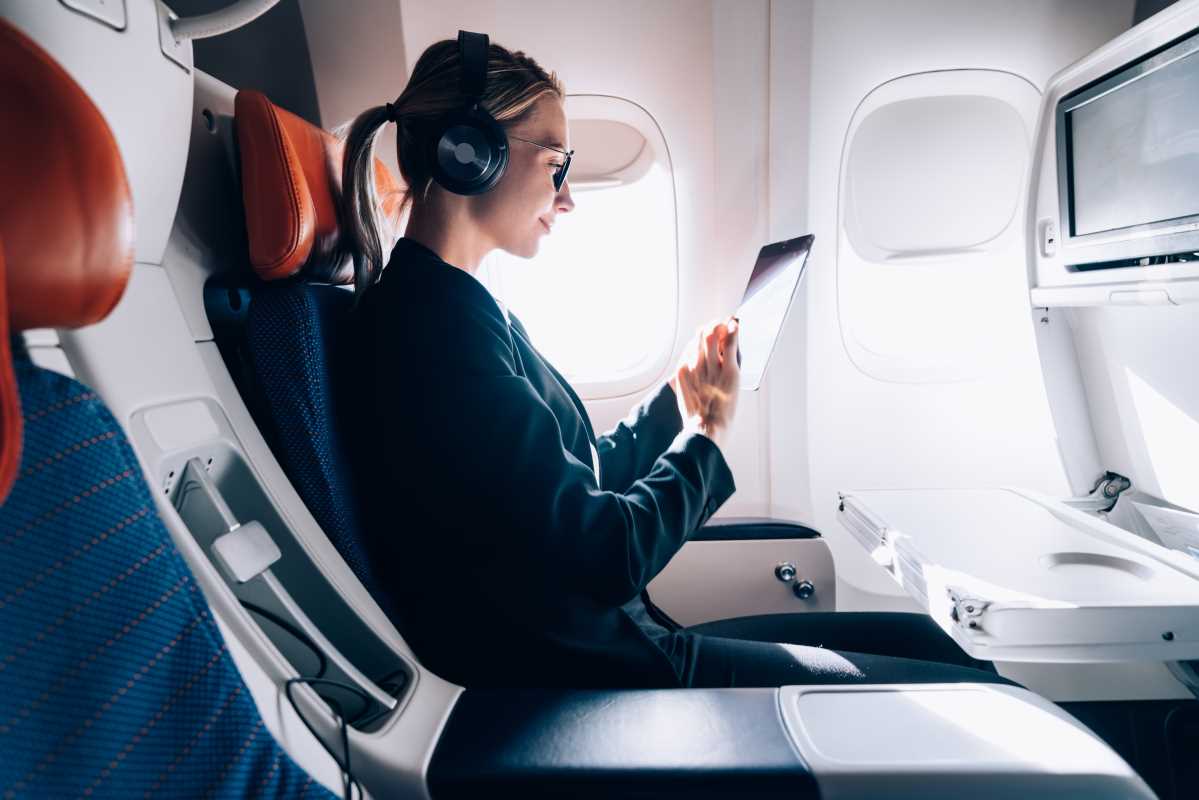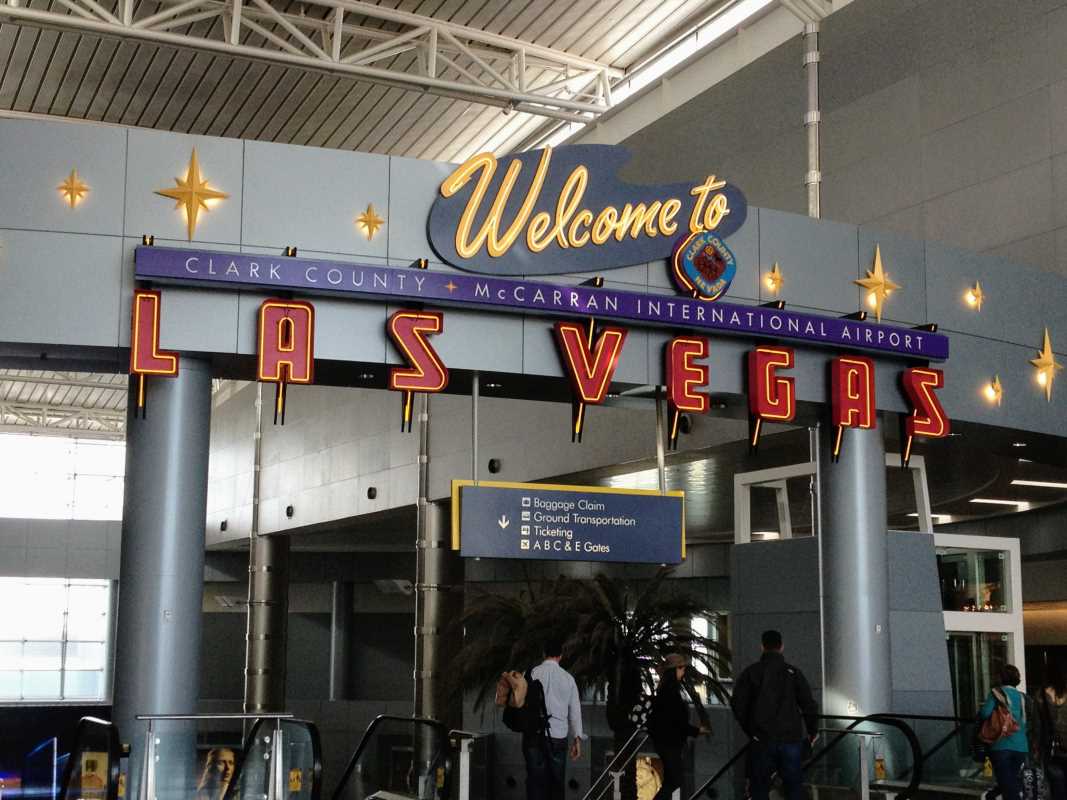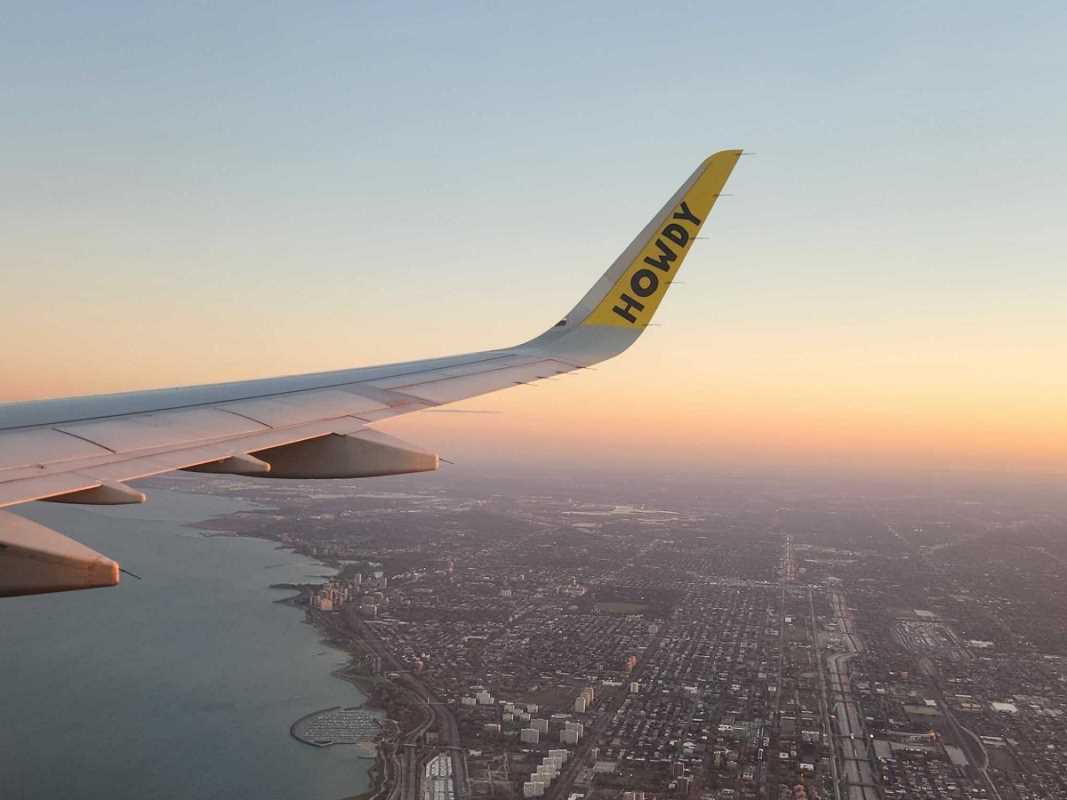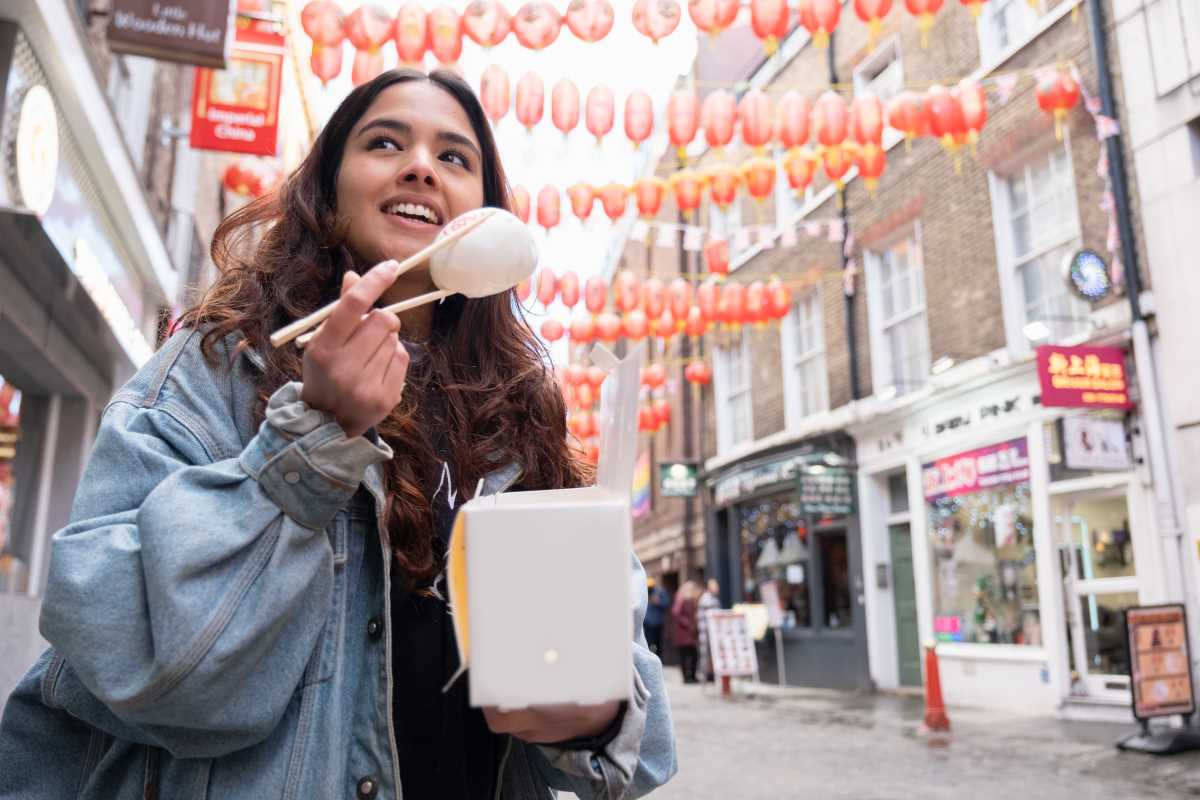Hey there, fellow wanderers! Have you ever landed in a new country, absolutely buzzing with excitement, only to feel totally lost when you realize you don’t understand a single word anyone is saying? That’s happened to me too many times to count. But here’s the thing: learning just a handful of local phrases can completely change your travel experience. It’s not about becoming fluent—it’s about making connections, showing respect, and sometimes just figuring out how to find the nearest bathroom! Trust me, these 10 phrases are lifesavers, and I never leave home without knowing them.
1. "Hello"
Okay, this one’s a no-brainer, but it’s so important! A simple “hello” in the local language can go a long way in breaking the ice. Whether you’re greeting a shopkeeper, a street vendor, or a fellow traveler, it instantly shows that you’re making an effort to connect. People appreciate when you respect their culture, and a friendly greeting sets the tone for every interaction. Plus, it’s usually the easiest phrase to learn—“hola,” “bonjour,” “Konnichiwa”—you’ve got this!
2. "Thank You"
Gratitude is universal, but saying “thank you” in someone’s language is next-level politeness. This little phrase works wonders if someone is giving you directions, serving you food, or snapping a photo for you. In my experience, heartfelt “gracias,” “arigato,” or “danke” make people smile and sometimes even lead to extra kindness. Pro tip: pair it with a smile, and you’ll win people over every time.
3. "Please"
Never underestimate the power of politeness. Adding “please” to your requests, even if the rest of your sentence is in English, softens the ask and makes you appear super respectful. I once asked for directions in Italy with just the word “per favor,” and some frantic hand gestures and a lovely local walked me all the way to my destination! Manners truly matter, especially when you’re a guest in someone else’s country.
4. "Where is...?"
This phrase has saved me from getting hopelessly lost more times than I care to admit. “Where is the bathroom?” “Where is the train station?” “Where is the best pizza?”—you get the idea. Pair this with a map or point to a location on your phone, and you’re golden. Learning the local equivalent of “where is” shows effort and makes it easier for people to help you. Just be prepared to pick up a few key landmarks in the language too!
5. "How Much?"
Whether you’re at a market or grabbing a quick bite, knowing how to ask “how much?” is a must. It’s the key to avoiding misunderstandings, and it helps you feel more in control during transactions. In some places, this phrase can also spark a bit of friendly haggling, which is always fun! I once scored a gorgeous scarf at a market in Morocco because I knew how to ask, “Bshhal hada?” and negotiate politely.
6. "Yes" and "No"
These two little words are surprisingly powerful. “Yes” and “no” are essential for everything from ordering food to politely declining street vendors. Learning these basics helps you feel more confident in any situation. Plus, you’ll avoid accidentally agreeing to something you don’t want (like the time I said “yes” to a dish I didn’t recognize in Thailand—spoiler: it was way too spicy for me!).
7. "I’m Sorry" or "Excuse Me"
Accidentally bump into someone? Need to squeeze past a crowd? These phrases are your go-to. In my travels, I’ve found that saying “sorry” or “excuse me” in the local language diffuses awkward situations instantly. Whether it’s “sumimasen” in Japan or “pardon” in France, these words show humility and make it easier to navigate busy spaces without offending anyone.
8. "I Don’t Speak [Language]"
Ironically, one of the most useful phrases to learn is admitting you don’t speak the language! Saying this in the local tongue makes it clear that you’re trying, even if you can’t go beyond the basics. Most people will appreciate your honesty and often switch to English or find another way to communicate. It’s way better than just staring blankly when someone talks to you!
9. "Do You Speak English?"
This phrase is a lifesaver when you’re struggling to communicate. While you shouldn’t assume everyone speaks English, asking politely in the local language is respectful and often opens doors. For example, saying “Parlez-vous anglais?” in France or “Hablas inglés?” in Spain is way better than just launching into English without warning. Trust me, people are much more willing to help when you show some effort first!
10. "Cheers!"
If you’re going to be social—and let’s face it, that’s half the fun of traveling—you’ll definitely need this one. Whether you’re clinking glasses in a Parisian café or raising a pint in a lively Irish pub, knowing how to say “cheers” instantly bonds you with those around you. It’s such a fun and easy way to embrace local culture, and it often sparks conversations that turn strangers into friends. Salud, skål, prost—cheers to new adventures!
Learning these 10 phrases doesn’t just make travel smoother; it makes it so much more meaningful. I’ve had incredible moments—like sharing a laugh with a street vendor in Vietnam or getting invited to a family dinner in Greece—all because I took the time to learn a few simple words. So next time you pack your bags, add these phrases to your checklist. You never know what amazing connections they might lead to!
